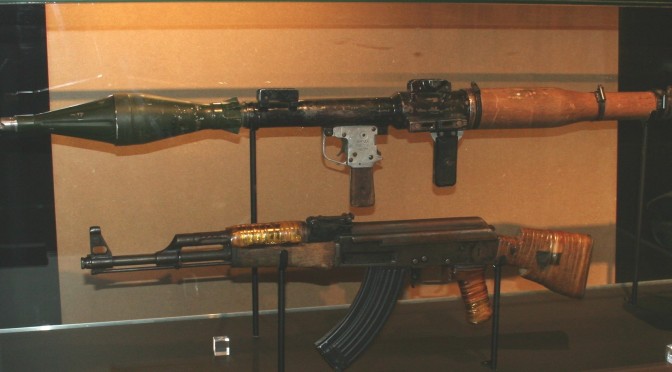“War is not merely an act of policy but a true political instrument, a continuation of political intercourse carried on with other means. What remains peculiar to war is simply the peculiar nature of its means.” Carl von Clausewitz, On War, 1832
“All diplomacy is a continuation of war by other means”. Zhou Enlai, Saturday Evening Post (27 March 1954)
The final building block describes the different sanctions available for conducting transactions, and helps explain how the model extends beyond the narrowly defined commercial firm in it its commercial dealings and is applicable to non-commercial organisations and to transactions that do not involve cash.
Firms’ interactions with the outside world are not exclusively through cash denominated markets. They have to deal with and through politics, and many also interact with other parties by employing force itself either as a matter of their own choice or in response to other parties’ resort to direct action.
Firms’ political interactions include needing to respond to regulation by government and to lobby for change, and to addressing and influencing the political context in which they operate. They employ lawyers to help them plot their way through the regulatory landscape and public relations specialists with job titles that include words like corporate affairs and governmental affairs, and invest in activities under the label of corporate social responsibility to enhance their reputations and secure sympathetic responses from government and the wider public.
Interaction through physical force is less obvious and, in developed economies, less significant. But any firm needing to employ security guards or having to deal with direct action from pressure groups trying to disrupt their operations is doing just this. At other times and in other places it was far more common: the East India Company employed an army to secure the territory in which it operated, and the Mafia and Mexican and Columbian drug cartels are recognisably firms even if they operate to their own sets of rules.
The superiority of commercial market over use of politics and physical force as a means for conducting multiple, highly granular transactions and permitting us all to make simultaneous expression of multiple choices as consumers and producers is widely acknowledged. But its limitations are recognised too, in terms of capturing the externalities of transactions, the inefficiencies and inequitable outcomes that arise as a result of imperfect competition, and in failing to overcome the inequality originating in the differences in the endowments we all start out with. At this point, political mechanisms are brought to bear.
The political marketplace is more cumbersome and less efficient and granular than the commercial markets, but it does provide a means for addressing their limitations. But as with commercial market, political markets can fail too. Their lack of sensitivity and flexibility towards the preferences of individuals extends to outcomes frequently being binary and the interests of many being ignored or harmed. As with the escalation to application of political mechanisms when commercial markets fail, direct action – or the application or threat of physical force – comes into play when political markets fail.
Political markets may be cumbersome and inefficient but (employing Clausewitz’s description of war) “the continuation of political intercourse by other means” is hugely costly and riven with risk. But when the political systems pay too little attention to their interests, what options are available to the excluded and dissatisfied? Where the stakes are sufficiently high and the alternatives exhausted, individuals, movements, tribes or states may feel that the stakes are sufficiently high that, with all alternatives exhausted and in the absence of the threat of countervailing physical force, will have recourse to direct action. In turn, the party on the receiving end of this direct action has access to three sanctions, paying off the aggressor, making a political concession, or applying physical force itself.
Follow this link for a longer discussion of these themes: The three sanctions
For more on this subject, click here
